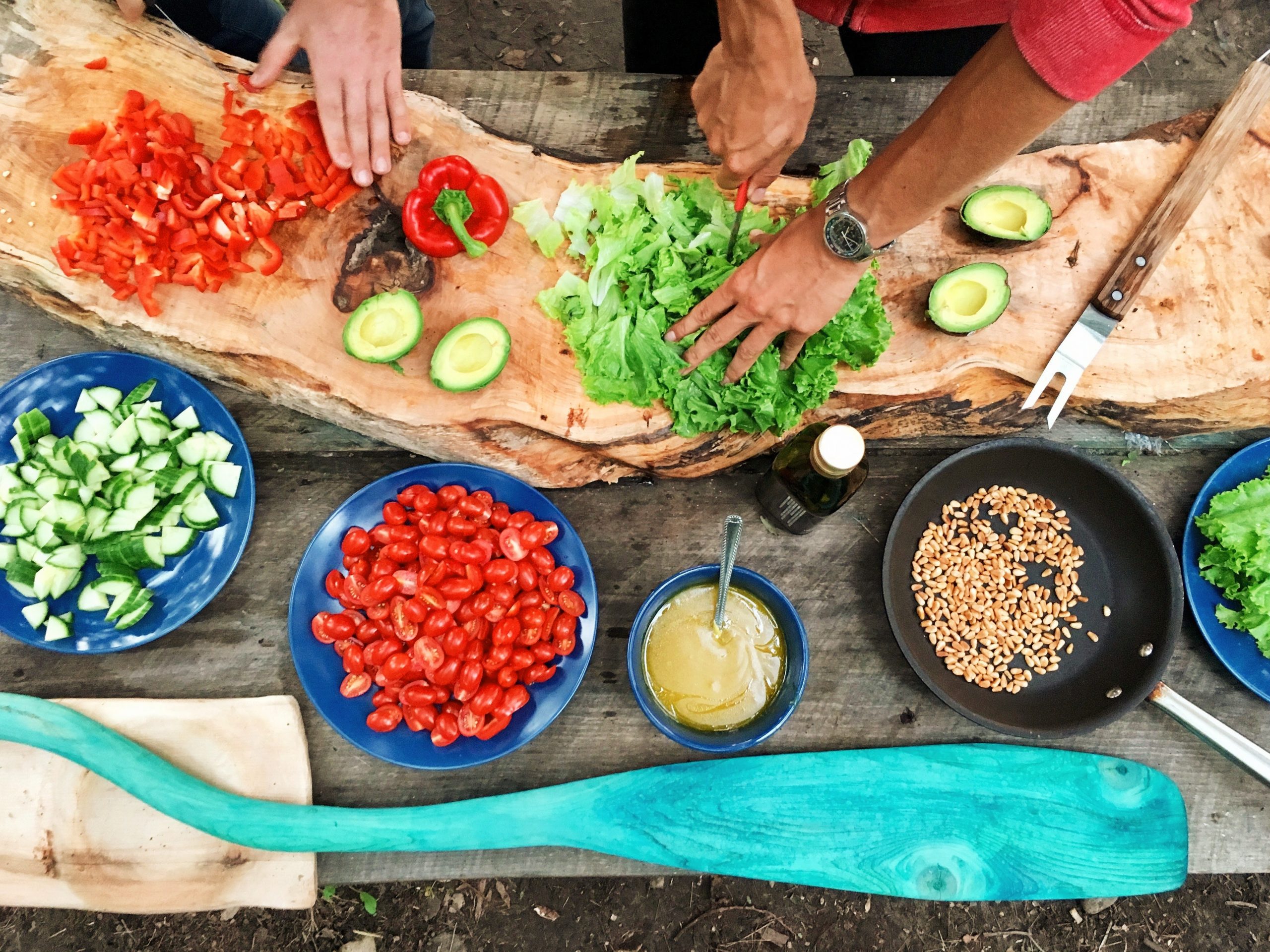Our blogger Pippa reminds us of the principles of the Mediterranean and Blue Zone diets and why we should be trying to adopt this advice.
There is now so much evidence that maintaining a healthy weight, regular exercise, good sleep habits and looking after your mental health all have a beneficial effect on healthy ageing.
We have written several blogs over the years particularly about dietary changes that can help individuals support their overall health, that we decided it was time to re-visit the subject, albeit in an ‘easily digestible’ (forgive the pun) form:
How to adopt the principles of the traditional Blue Zone and Mediterranean diet (spoiler: that doesn’t mean lots of pizza and pasta):
- Exactly which foods belong in the Mediterranean and Blue Zone diet is a source of some controversy, partly because there is such variety of foods between the different countries. These countries include Sardinia, Ikaria (Greece), Okinawa (Japan), Loma Linda (California) and Costa Rica (Central America),
- Regardless, the principles are similar – the diet prescribed in the studies is high in plant foods, and relatively low in meats.
- However, eating fish and seafood is recommended at least twice a week.
Do include the following:
- Vegetables: aim for a ‘rainbow’ of veg every day
- Fruits: Apples, oranges, pears, strawberries and dark purple berries, figs, melon, peaches, plums, cherries.
- Nuts and Seeds: unsalted/unroasted plain nuts and seeds
- Legumes: Beans, lentils, pulses etc.
- Tubers: (in moderation) new potatoes, sweet potatoes, turnips, beets, yams, etc.
- Whole Grains: Whole oats and brown rice (smaller portions), barley, buckwheat, whole grain bread eg sourdough or rye.
- Fish and Seafood: wild salmon, sardines, trout, tuna, mackerel, shrimp, oysters, clams, crab, mussels, etc.
- Poultry: Chicken, duck, turkey and game birds (free range/organic where possible)
- Eggs: eggs can be eaten every day
- Dairy: Cheese, yogurt, Greek yogurt, milk kefir (full fat)
- Herbs and Spices: fresh and dried added to your foods
- Healthy Fats: Extra virgin olive oil, olives, avocado and avocado oil, nuts and seeds
- Red meats: eat occasionally (free range/organic where possible)
Avoid when possible all of these ‘Ultra processed foods’: You MUST read ingredients lists if you want to avoid these unhealthy ingredients.
- Added sugar and sweeteners: fizzy drinks, sweets, bought desserts, so called ‘hidden’ sugars found in many refined supermarket foods.
- Refined grains: White bread, white pasta, baked goods, biscuits, pastries etc.
- Trans fats: Found in margarines and spreads and numerous processed foods.
- Refined Oils: Soybean oil, canola (refined rapeseed oil), palm oil and other processed vegetable and seed oils.
- Processed meat: Processed sausages, hot dogs, preserved meats etc.
- Highly or Ultra processed foods: Everything labelled “low-fat” or “diet” or “sugar free” or looks like it was made in a factory. If you don’t recognise the ingredients, the chances are that they should be avoided.
Drinking
- Plain water should be your go-to beverage on a Blue Zone/Mediterranean style diet.
- This diet also includes moderate amounts of red wine – ie the occasional glass of wine BUT ensure you have alcohol free days every week
- Coffee and tea are also acceptable, but avoid sweetened beverages (with sugar or sweeteners) and fruit juices which are very high in sugar.
Lifestyle tips
- Eat slowly, chew your food thoroughly and avoid overeating– leave the table feeling you could eat a bit more – but don’t succumb!
- Eat the smallest meal of the day in the late afternoon or early evening and don’t snack while watching TV
- Eat meat occasionally in small portions of about 120g (size of palm of hand). Blue Zoners eat portions this size just five times a month on average.
- Good sleep hygiene: the risk of heart disease is about 1/3 lower for those who sleep well and take time out to relax and enjoy life – than if you keep on pushing yourself.
photo: M van den Heuvel pexels.com




